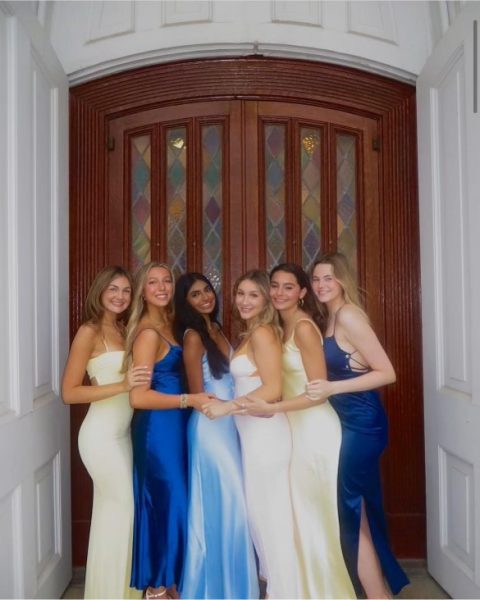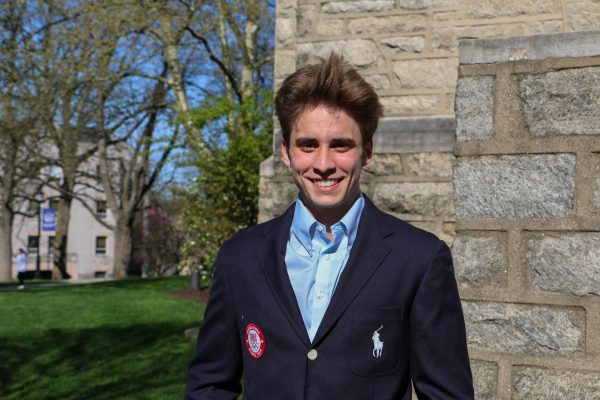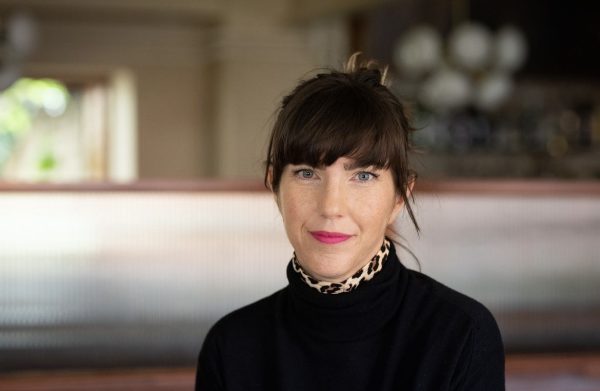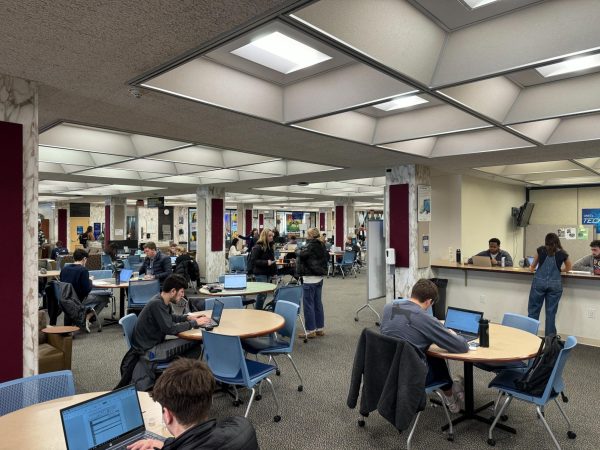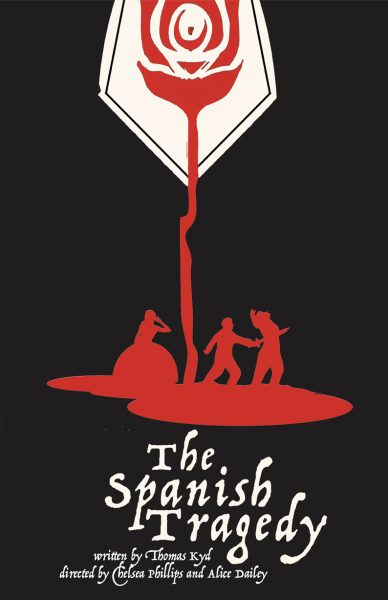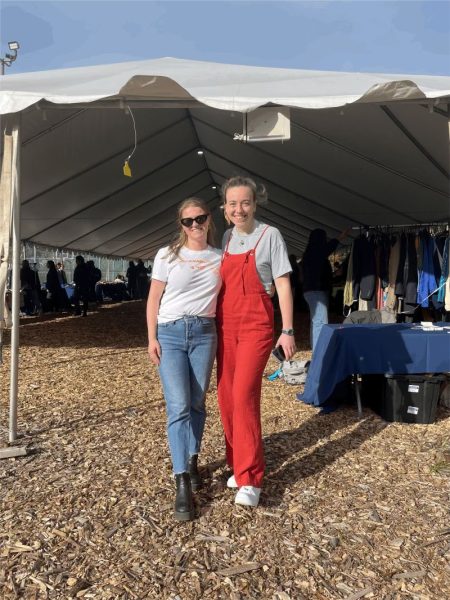Yik Yak: Good or Bad
October 30, 2014
Tyler Droll and Brooks Buffington, developers of the ever-popular app YikYak, never imagined what would happen when they were placed in the same iPhone app coding class at Furman University. After the class, Droll and Brooks began dreaming up the app in the midst of their senior year and decided to work full time on the project after graduating in 2013. Dubbed as an “anonymous Twitter,” Yik Yak has taken college coeds by storm. University students can be seen regularly posting and checking the app to see the pithy and comical things their peers are posting about.
Droll, who initially dreamt up the idea for the app, realized that only a select few people on college campuses were using Twitter and thought that something that gave everyone a voice had the potential to snowball, and snowball it did. Today, Yik Yak is used by over 10,000 college students at over 250 college campuses. The founders intended to create a platform that allowed students across college campuses to connect and share things that only those in the area would be interested in. The app was to serve as a virtual bulletin board for people to be funny, spread news and share stories with one another.
While students across America may be laughing at the anonymous rants they read on YikYak, Droll and Buffington are laughing all the way to the bank. In fact, in less than a year the founders have raised over $10 million in investments. YikYak has become exponentially more popular than anyone could have ever imagine. However, with great power comes great responsibility. Droll and Buffington claim that the app’s content is positive and has given college campuses across America the power to relay campus news and spread awareness in an unprecedented way. Contrastingly, some students, school officials and universities protest that the app is not helpful and it is harmful and dangerous.
In the past months, many concerning incidents have occurred that have caused people to raise eyebrows at the latest YikYak craze. A student at Penn State threatened to, “kill everyone” at school via the app. Similarly, a Towson University student promised a “Virginia Tech II” to occur. In both cases, police tracked down the students who wrote such terrifying messages. Both students claimed that they had no intention on following through with their threats. Regardless, the content on YikYak clearly has the power to escalate into potentially dangerous behavior.
In fact, a Fox News psychiatrist calls YikYak, “the most dangerous form of social media” claiming that the app is almost an open invitation for cyber bullying and for degrading and threatening material to be posted.
Abuse became so bad in areas of Chicago that YikYak staff had to suspend operations in the area. It is not just adults that want to cease the usage of YikYak.
The student government at Emory University in Georgia passed a resolution denouncing that app as “a platform for hate speech.”
It seems as YikYak has trickled down to not just college campuses but to high schools and middle schools, it has become a center for cyber-bullying and anonymous hate messages. Many people believe they can hide behind a computer screen and write things they may not otherwise, and YikYak’s anonymity gives them an extra layer of “protection.” However, YikYak users and Villanova students should take notice that nothing posted on the app is truly anonymous. As seen with the two aforementioned cases, it is fairly simple for police to track down the poster of a “yak” on the app. And while YikYak removes old yaks from one’s feed once posted, nothing is ever truly gone.
While YikYak is a revolutionary app for colleges, if not used carefully it can easily become a dangerous or harmful platform for students. Creators of the app, Droll and Buffington hope that the app will cultivate a positive environment for students on college campuses. While this belief works in theory, it is up to us by what we post to decide whether or not we follow through with what the YikYak’s creators intended for it.





